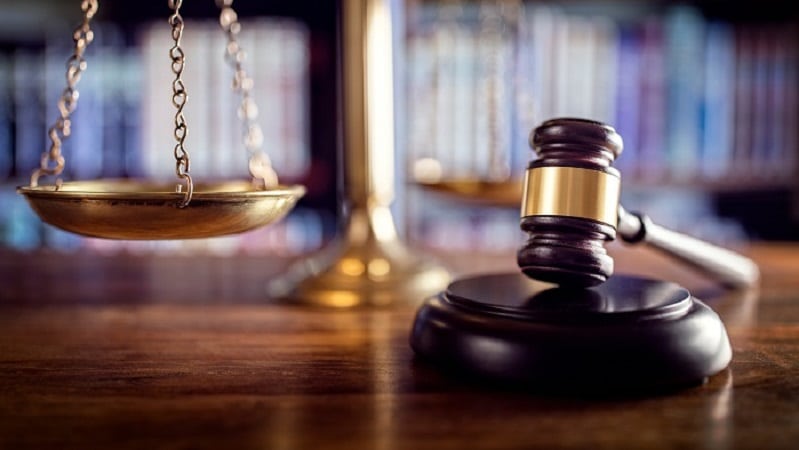Pension savers, especially those in ill-health, risk being hit with a 40% inheritance tax (IHT) bill following a landmark ruling by the Court of Appeal for England and Wales.
In HM Revenue & Customs vs Parry & Ors, the court ruled in favour of the taxman and granted it the right to bill 40% of the respondents’ deceased mother’s private pension plan (PPP) – which consisted of around £750,000.
According to the ruling, if any pension saver who moves their pension to a PPP and dies within two years of the transfer, HMRC is entitled to claim 40%.
Pensions should be exempt from IHT altogether
Tom Selby, senior analyst at AJ Bell, said: “It is frankly bizarre that someone who transfers from one [defined contribution] plan to another now risks being hit with a 40% IHT bill – even if the transfer doesn’t materially change the money that will be passed on if they die within two years.
“This is already something defined benefit (DB) members in ill-health can fall foul of, although whether or not this is the case depends on the interpretation of their intentions at the time. What we are left with is a complex, nonsensical web of rules which risk layering on extra worry for beneficiaries at a time where they are likely to be suffering from serious emotional distress.
“Instead of allowing court rulings to determine whether IHT is due on retirement funds left behind, the government could radically simplify the system by exempting pensions from IHT altogether.”
Newly conferred gift
Mrs Staveley – who died in December 2006 – named her sons as her beneficiaries of her will in March 2005.
In October 2006, Staveley transferred the pension she was awarded when she divorced her husband into a PPP, to avoid her ex-husband potentially benefiting from it, and re-named her sons as her beneficiaries.
She also never took any retirement benefits.
However, when she named her sons as the PPP beneficiaries, she only confirmed the terms set out in her will; which meant the action constituted a “newly conferred gift”.
The court also interpreted her decision not to take retirement benefits as a way to increase her sons’ (and beneficiaries’) estates, and therefore ruled in favour of HMRC.







